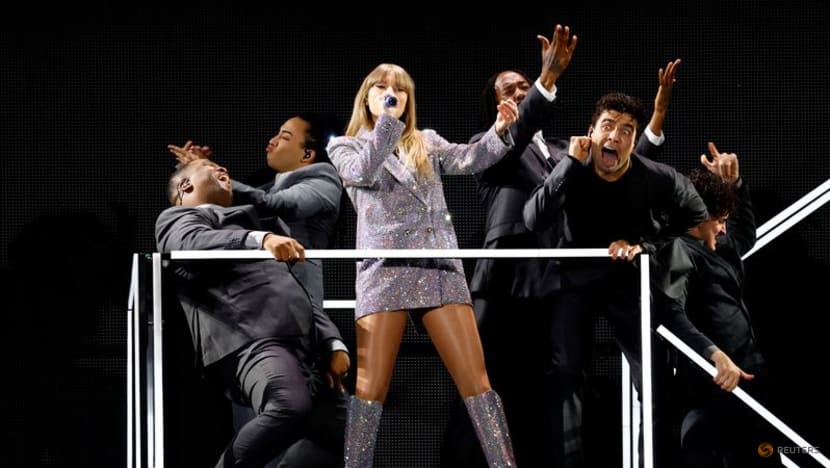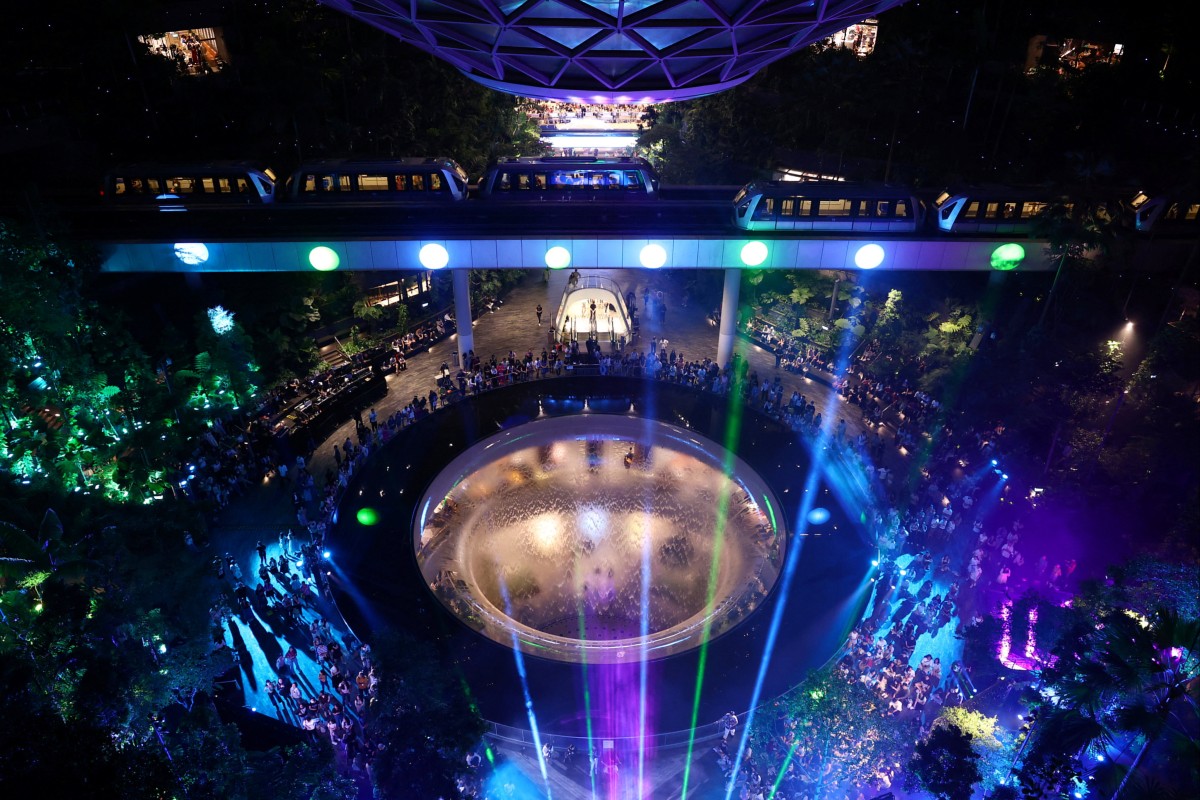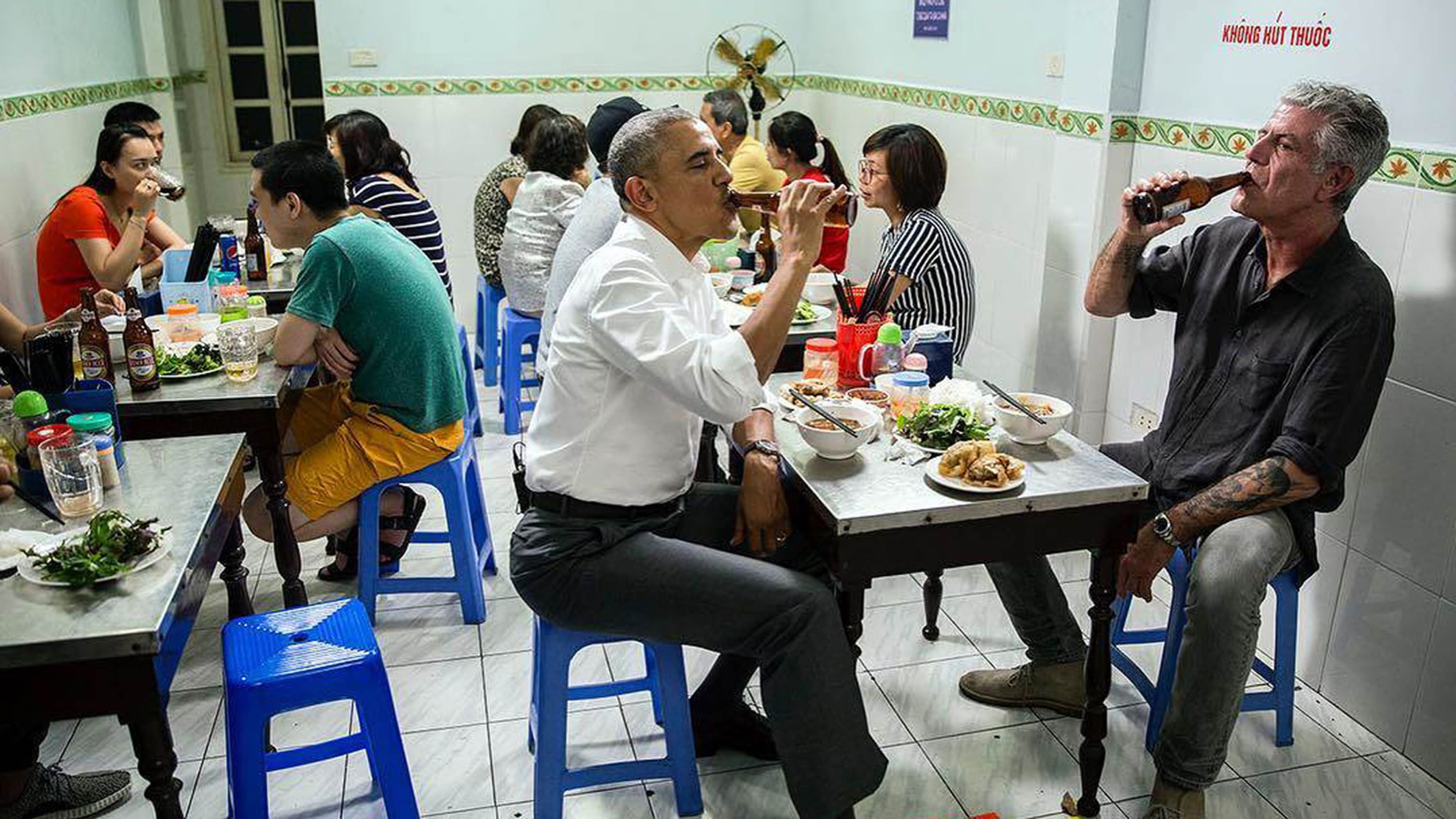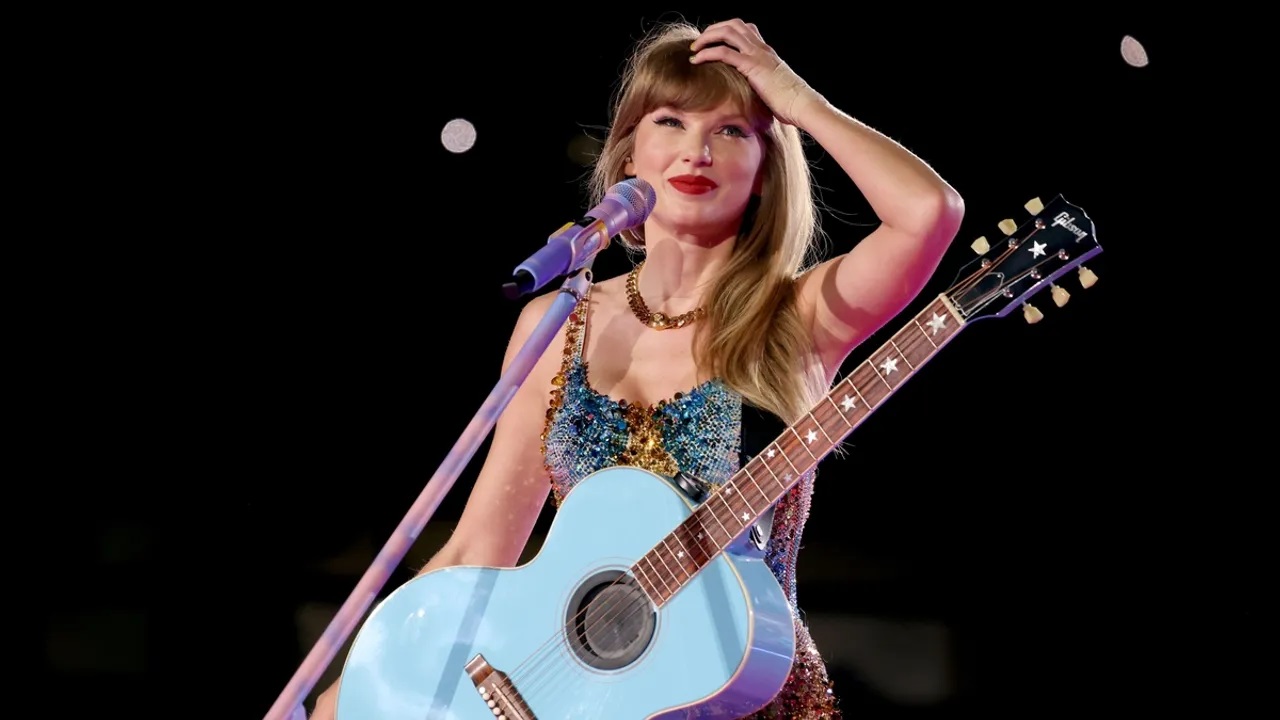A succession of megastars holding multiple shows in Singapore has delivered a massive boost to the country’s economy – and the benefits could be long-lasting.
Completely overtaking Malaysia and the rest of its neighbours, Singapore is positioning itself as a hub in Southeast Asia for top-tier concerts, with big names like Coldplay, Ed Sheeran, and now Taylor Swift gracing its stages. This shift towards concert economics is projected to inject not just millions of dollars, but hundreds of millions of dollars into the country’s tourism industry.
According to HSBC’s ASEAN economist Yun Liu, Singapore’s status as a business travel hotspot is evolving with the influx of large-scale global music events. These events could contribute up to 10% of the country’s GDP, marking a significant boost to its travel-related services. That is genuinely a staggering statement – the notion of events and their spillover effect contributing as much as 10% of Singapore’s GDP (which in 2022 was nearly $645 billion).

The impact of these concerts is already evident. Coldplay’s recent shows at the National Stadium attracted 200,000 fans, breaking ticket sales records and igniting a surge in tourism. Agoda reported an 8.7-fold increase in accommodation searches during Coldplay’s concert dates, driven primarily by neighbouring countries like Malaysia and Indonesia.
That’s right… not only is Malaysia not reaping the economic benefit of staging these concerts in a big way, its own citizens are taking their concert cash to Singapore instead.
A HUGE ECONOMIC BOOST
Now, all eyes are on Taylor Swift’s performances in Singapore, with the first of six – SIX! – concerts beginning this weekend. With her Eras Tour estimated to have generated $4.6 billion in consumer spending during its U.S. leg, Swift’s arrival is expected to deliver another economic windfall for Singapore.
Following the announcement of Swift’s concert dates, hotel bookings for March 2024 soared by 10 to 30%, while flight demand saw a significant uptick, particularly from other Southeast Asian countries.
Ms Toh Si Ying, an economist for Asia ex-Japan at Nomura, calculated that the concerts by Swift and British rock band Coldplay could generate some S$422.7 million in spending in the city-state.
Ticket sales alone are expected to account for S$75.2 million for Swift’s shows, and S$54.9 million for Coldplay’s. The bulk of this revenue is assumed to be passed to the artists, their teams, and concert promoters, with about S$19.5 million retained within the Singapore economy.
Ms Toh estimated that 40% of concert attendees are tourists, staying an average of four days and spending an average of S$400 each. This would add roughly S$403.2 million to Singapore’s tourism receipts.

WAS THERE A ‘BRIBE’?
Earlier this week, addressing swirling rumours, the Singapore Tourism Board (STB) confirmed it provided a grant to help bring Swift’s Eras tour to the country next month, her only stop in Southeast Asia. Reports were that this was less of a “grant” and more of a “guarantee of exclusivity” so that no other ASEAN country would get a Taylor Swift concert. (Indeed, apart from Japan, Singapore is the only stop in Asia for Swift’s Eras concert tour.)
STB didn’t confirm or deny this specific assertion, but some reports have suggested a payment to the concert promoter of somewhere between US$2 million and US$3 million per show. (And you wondered why six shows had been scheduled in tiny little Singapore!)
Comments made by STB to CNA, though not explicitly confirming the details of the grant, certainly seemed to hint that exclusivity to Singapore was part of the deal.
With reports of the deal making headlines and fuelling envy around the ASEAN region, Singapore’s Minister of Community, Culture, and Youth (MCCY) Edwin Tong has responded, saying the grant was “nowhere as high” as what’s been speculated.
However, though they declined to provide specific details, the tourism board did also note, “[The concert agreement] is likely to generate significant benefits to the Singapore economy, especially to tourism activities such as hospitality, retail, travel and dining, as has happened in other cities in which Taylor Swift has performed.” The statement was delivered jointly with Singapore’s MCCY.

Singapore’s emergence as a concert hotspot has sparked conversations, especially with high-profile acts like Coldplay and Ed Sheeran gracing its stages. As the city becomes a magnet for top performers, discussions have surfaced online regarding ticket scalping and whether priority should be given to Singapore residents.
Last week, the MCCY and the STB announced that Kallang Alive Sport Management (KASM) will continue to curate a diverse array of lifestyle and entertainment events at the Singapore Sports Hub, which came under government management in 2022.
According to MCCY and STB, KASM is committed to crafting uniquely Singaporean experiences for both locals and visitors. Leveraging its extensive global network and the collective expertise of its team, KASM collaborates closely with event organisers to deliver memorable experiences.
Highlighting Singapore’s appeal as an international event destination, MCCY and STB cited factors such as its strategic location, world-class infrastructure, safety standards, operational efficiency, and cultural offerings.

A SUSTAINED MULTIPLIER EFFECT
Erica Tay, director of macro research at Maybank, anticipates Swift’s six concerts will deliver to Singapore between S$350 million to S$500 million (that’s RM1.24 to 1.76 billion) in tourism receipts, assuming a substantial portion of concertgoers are flying in from overseas.
The allure of these concerts extends beyond their direct economic impact. They enhance Singapore’s reputation as a vibrant tourism destination, complementing its traditional sectors like tech manufacturing and finance. HSBC’s Yun Liu notes that while travel-related services currently account for 10% of Singapore’s GDP, event tourism could reshape the industry post-pandemic.
Moreover, these concerts offer an opportunity for Singapore to showcase its cultural offerings to a global audience. Tay suggests that scenes of Swift enjoying local delicacies or exploring heritage sites could significantly boost Singapore’s international profile.

In 2016, for example, when the late celebrity chef and author Anthony Bourdain visited Vietnam with his popular Parts Unknown television series, his obvious love for local dishes delivered a lasting boost to that country’s tourism industry. (It certainly didn’t hurt that then-sitting U.S. President Barack Obama joined Bourdain in a small noodle shop in Hanoi for a meal.)
In essence, Singapore’s foray into concert economics not only bolsters its tourism sector and stimulates its local economy, but also positions the city-state as a dynamic cultural hub with far-reaching economic and reputational benefits.
Malaysia could stand to take a page out of Singapore’s book. With its thriving capital city, abundant talent for supporting such events, and a population base of its own that’s six times that of Singapore, it’s disheartening for Malaysia to see all the benefits of the concert economics model going to its southern neighbour.
"ExpatGo welcomes and encourages comments, input, and divergent opinions. However, we kindly request that you use suitable language in your comments, and refrain from any sort of personal attack, hate speech, or disparaging rhetoric. Comments not in line with this are subject to removal from the site. "























